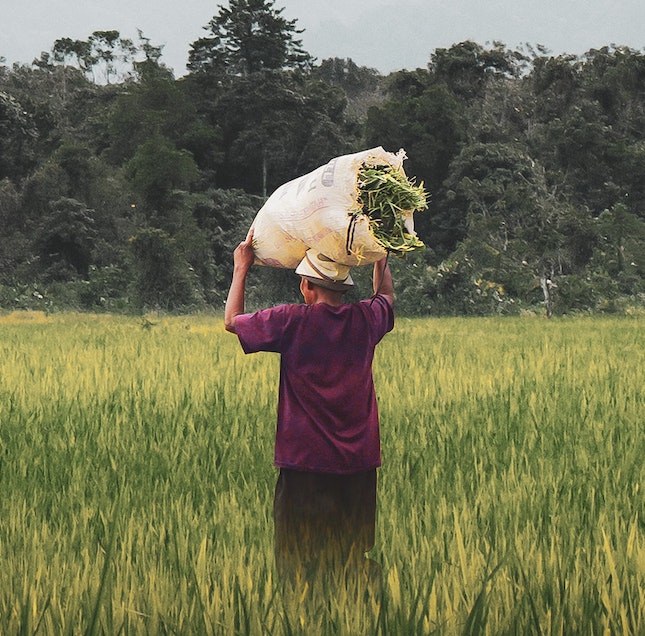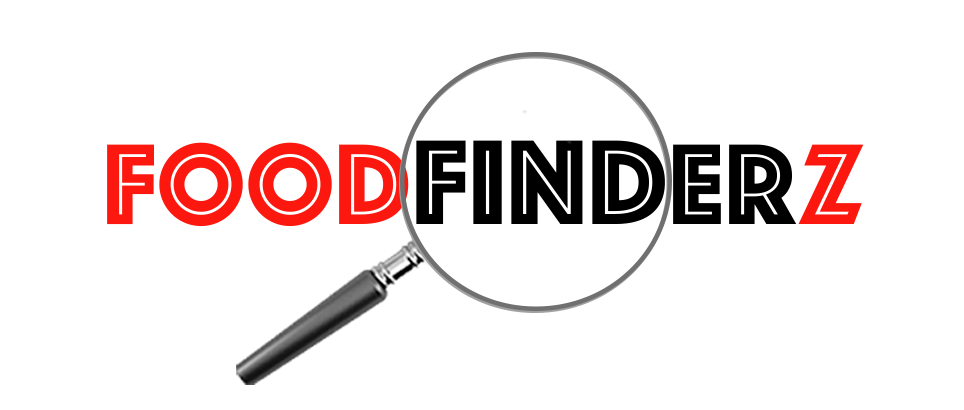SUSTAINABILITY: A Guide
Real Change needed from Farm to Fork
The global food system impacts on the environment, people and economies in powerful ways. Effects can be devastating if actors in the food system do not take due care to avoid environmental destruction, health crises, human rights violations and damage to local economies, cultures and livelihoods. Consumer concern and awareness of these issues is increasing and people are demanding safe food that is produced ethically. We share the concerns and commitments of those who want our production and consumption of food to be done with emphasis on sustainable and equitable practices.
With this mind, we offer these resources to help to increase our understanding and awareness of environmental, social and economic risks and challenges, and to inform the change we need to enable from farm to fork. We humbly hope that we will be amongst those that will play a role in bringing about change.

